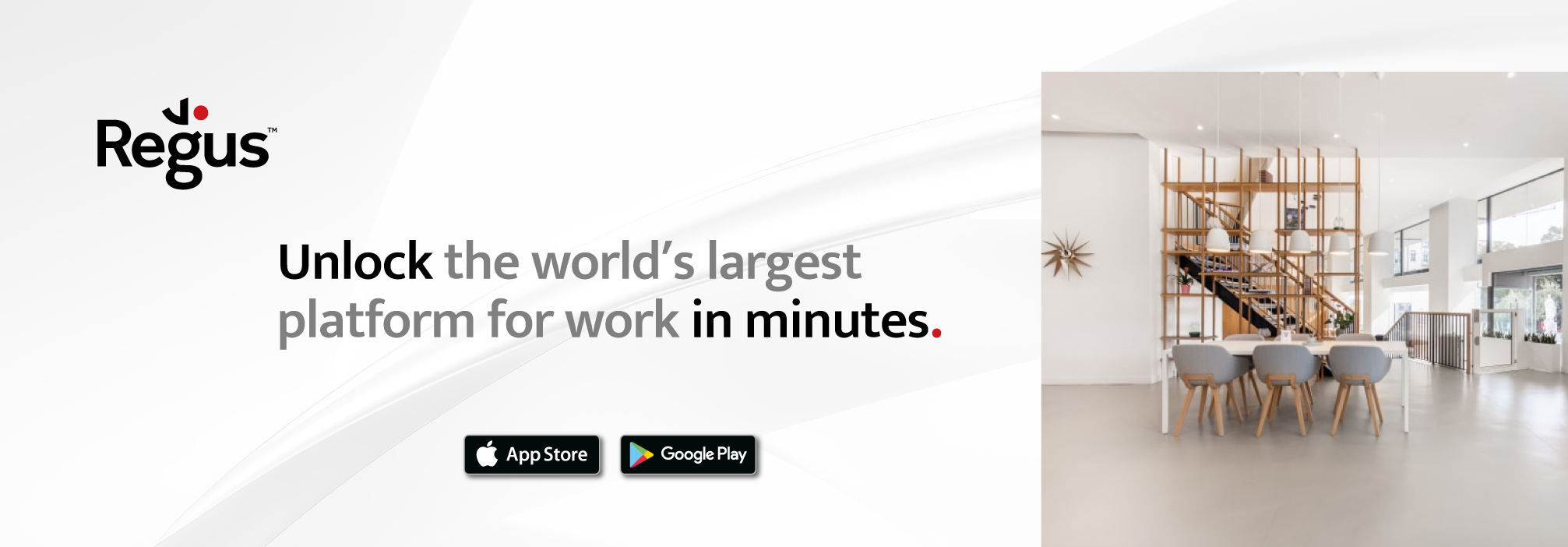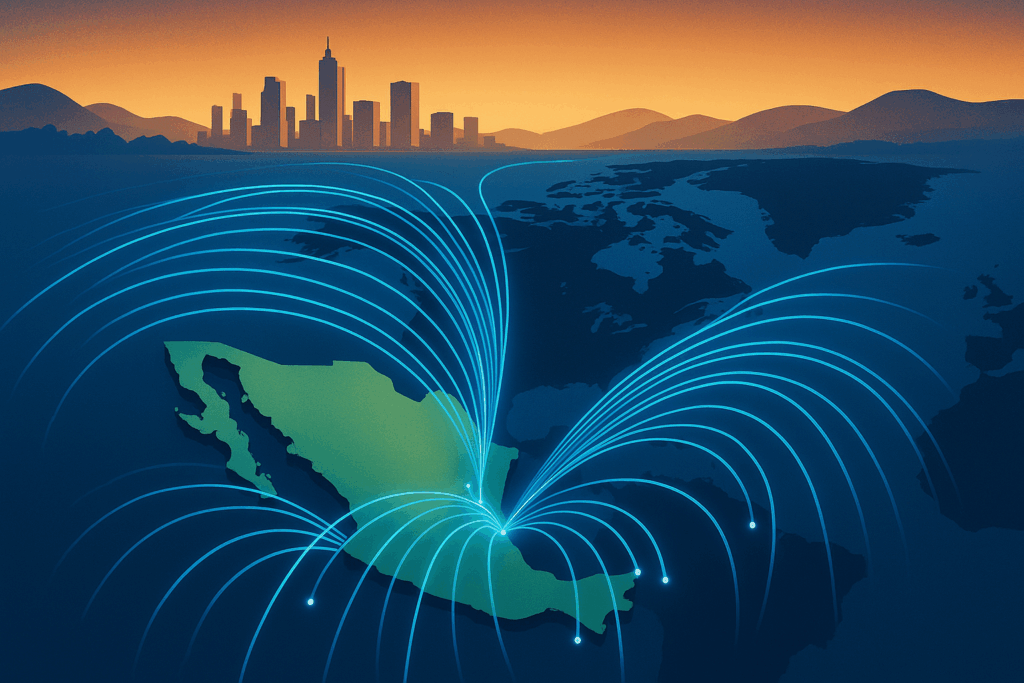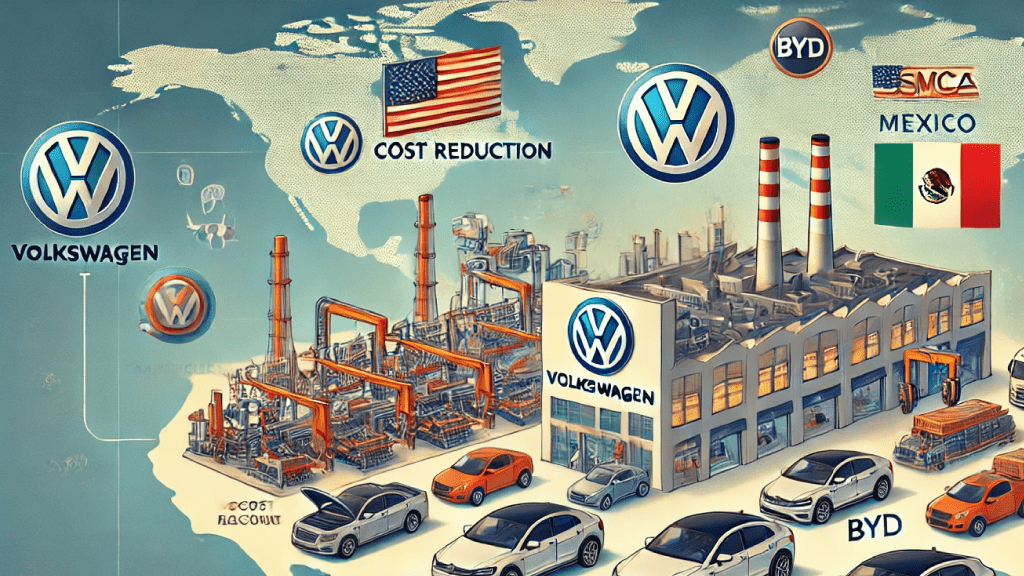Real estate fibers transform Mexico's growth with more than $400 billion in assets

Real estate fibers in Mexico have achieved a capitalization of more than 400 billion pesos, consolidating their position as a crucial component in the country's real estate sector.
Since the launch of the first Real Estate Investment Trust 13 years ago, 14 Fibras have been formed in the Mexican stock market, which have diversified into industrial, commercial, hotel, education and office segments.
With a portfolio that encompasses more than 2,000 properties and 32.5 million square feet of Gross Leasable Area, these companies generate approximately 5 million direct and indirect jobs, contributing to more than 4.5% of the country's Gross Domestic Product.
The current situation presents a favorable growth outlook, driven mainly by the boom in the nearshoring. This trend, which seeks to bring supply chains closer to key markets, has opened up new opportunities for fibers in Mexico.
Thus, collaboration with authorities and a focus on sustainable practices are essential to maximize growth potential, as Fibras are not only capitalizing on these opportunities, but are also focused on improving their sustainability and transparency metrics, which aligns them with the expectations of global investors.
The year 2024 is shaping up to be a period of consolidation for Fibers, which, after a period of uncertainty caused by the pandemic and geopolitical tensions, have shown signs of stabilization.
Real Estate Investment Trusts have had an exponential growth in developing countries such as Mexico. This global context suggests sustained growth for Mexican Fibras, supported by a legal framework that has been adopted by 42 countries representing 84% of the world's GDP.
In terms of their financial achievements, the Fibras have issued bonds totaling 74 billion pesos in the debt market, with 15 ESG-themed bonds totaling 36 billion pesos. This demonstrates Fibras' commitment to sustainability, an aspect that has become a key criterion for investors. In turn, the Afores play an important role, holding more than 40% of Fibras' capital, underscoring the institutional relevance of these companies in the Mexican market.
Fibras' growth is in a promising phase, but not without challenges. On the one hand, Fibras have a strong base in the industrial sector, which represents 65% of their portfolio of 30 million square meters, positioning them as key players in the development of logistics and commercial infrastructure in Mexico.
However, this concentration in a single sector could be a vulnerability if the global economic context were to change abruptly, affecting demand in that segment. The opportunities are clear, with the nearshoring as the main driver of growth, but there are also threats related to potential global economic instability, which could impact Fibras' ability to attract capital or expand into new markets.
On the other hand, Fibras in Mexico face the challenge of continuing to improve their standards of governance, transparency and sustainability in order to remain competitive on the international scene. In this sense, it is crucial that Fibras continue to innovate and adapt to market demands, especially in a context where sustainability and corporate governance are increasingly relevant.
The stage Fibras face in 2024 will be decisive. While growth prospects are encouraging, the ability of these companies to overcome the challenges posed by the global economic environment, as well as their ability to diversify their portfolios and improve their sustainable practices, will be key to ensure their relevance and consolidation in the near future.
Collaboration: Editorial Auge.





